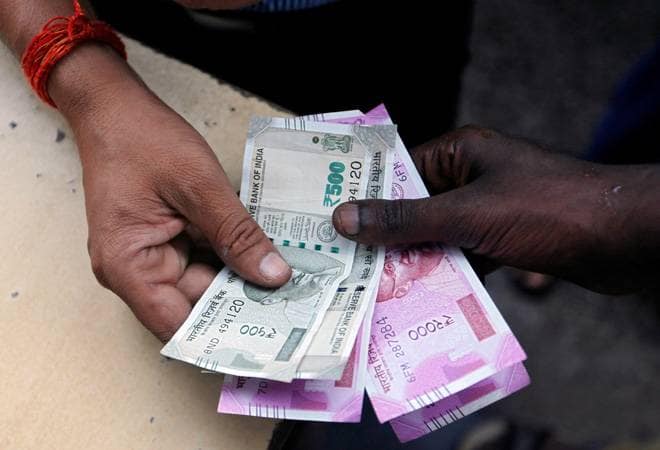Rajya Sabha passed the Code on Wages Bill, 2019 which is expected to benefit around 500 million workers across the country. This is the first bill in a series of four labour codes proposed in the government’s labour reform initiative. Geography and skills will be the main factors to determine the fixed minimum wage.
The existing labour codes are more than fifty years old and were fixed on the basis of employment. But the new code ensures timely wages for the employees and workers. After the bill becomes an act, the workers or employees under the unorganised sectors such as agriculture workers, painters, people working at dhabas, hotels, chowkidars who do not come in the scoop of minimum wage will get legislative protection. Apart from this, it will also ensure that the monthly paid workers get their salaries by 7th of every month, daily wagers get their wage timely, thereby regulating the norms.
While the issue had been in light from four years, it got a major push from the finance minister Nirmala Sitharaman’s maiden budget statement. She stated that the government proposed to streamline the multiple labour laws into a set of four labour codes, namely: The minimum wages act, 1948; The payment of wages act, 1936; The payment of bonus act, 1965 and The Equal remuneration act, 1976. This will ensure that the filing of returns are standardised and streamlined.





